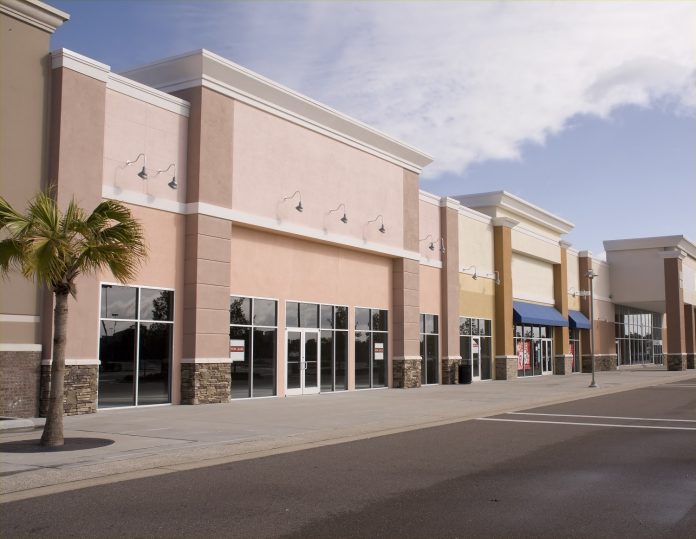Although the market is currently doing quite well in a lot of different areas, not every business has been able to reach those optimal levels of growth. For instance, despite the rapidly spiking demand for all kinds of products, Toys “R” Us was forced to cease operations in 2018. Similarly, many other brick-and-mortar stores are following suit as they fall behind the online providers like Amazon, eBay, and so on. And while there are examples of those who are overcoming the adversity, it is important to consider the adverse effects of retail store closures.
For instance, besides the fact that the supply of products or services will plummet when the retailers shut down, there are some other side-effects worthy of mention. The most important one pertains to the real estate industry that follows these ventures. In other words, the actual properties being used for stores such as local malls or outlets are suffering as well. Just consider all the possible byproducts of someone’s long-term lease momentarily losing its value and expected cash flows when the leaseholders go out of business. So, what are the most relevant impacts of retail stores closures on the local real estate markets?
Futile, Non-Converting Properties
According to Staten Island, New York business owner and seasoned expert in real estate, Joseph Rizzuto, one of the most devastating side-effects of mall closures pertains to underuse of properties. To better understand this, it is important to go back and analyze the types of contracts that said properties often require.
In the vast majority of cases, they will be taken under commercial lending conditions that mandate no less than 5-10 years in guaranteed occupation. In other words, companies that decide to lease properties to open their own stores will usually sign contracts that make the property owners feel secure for the next 5-10 years. Well, unfortunately, one of the most obvious side-effects of a complete liquidation through bankruptcy is the unpredictability that tends to accompany it.
So, while those property owners may rely on a firm flow of rental income, their entire annual budget could become non-existent when the renter defaults. In that case, they have an issue related to futile or non-converting properties that are failing to transform prior investments into future profits.
Prospective Losses
After experiencing the loss of rental revenues, real estate owners who partnered with retail stores might eventually reach a point of material loss. What does this mean? It means that the longer it takes to cut ties with the current renter or pursue outstanding payments through court, the more likely they are to experience significant losses. Why? Because of the costs of overhead such as property taxes, utilities, and other fees charged regardless of the current status of the location. That means that real estate owners who find themselves in this situation and fail to escape it quickly are risking a loss of all profits. After all, they will still have to continue making payments on whatever fees they owe in perpetuity.
Impact on Local Real Estate Market
Besides directly impacting the owners of properties where retail stores shut down, the residential real estate market might suffer as well. As Joseph Rizzuto reminds, the entire notion of rental profitability revolves around a well-balanced equilibrium. For those unfamiliar, this pertains to the equal balance of the supply and demand side of the market.
Sadly, when local malls and other attractions begin closing down, there is a high chance that the entire area will lose a part of its charm. In turn, the rate of incoming renters may decrease and make it harder for residential property owners to maximize occupancies. In the most extreme cases, even these entrepreneurs could start experiencing losses as current residents locate elsewhere and the rate of incoming tenants falls aggressively.
Who Benefits from the Current Trends
Of course, every trend that has a downside will carry something positive for someone else. In this scenario, the failure of local retailers to remain in business will fare well for all those companies looking to expand. For example, if a local Target has to close because of a lack of demand, a store like Walmart may come in and replace it instead. That is, of course, once all those legal procedures and issues related to early lease terminations are handled.
So, looking at it from this perspective, Walmart will quite obviously draw a significant benefit as it will gain new market exposure. Will they be able to do better than their prior counterpart? It is hard to say as every business handles operations differently. From the real estate perspective, however, the ordeal of losing one retailer and getting another one is a major burden that disrupts the market and raises questions about longevity.
Find a Home-Based Business to Start-Up >>> Hundreds of Business Listings.
















































